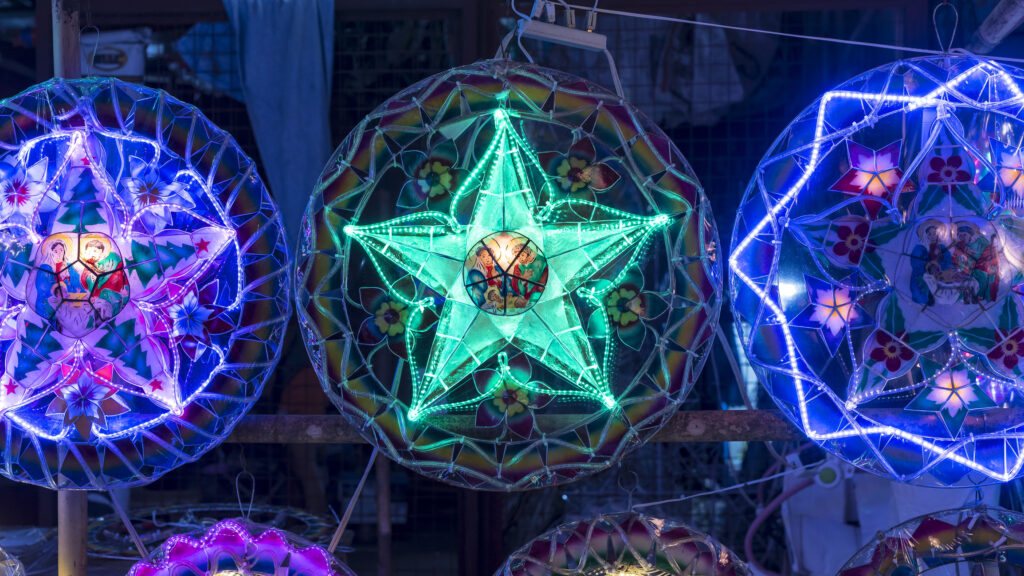
Christmas is one of the most cherished festivities in the Philippines, with celebrations often kicking off as early as September of every year. An iconic symbol of a Filipino Christmas is the ‘parol’, a decorative lantern that lights up households during the holiday season. Generations of Filipino artisans have handcrafted parols, and through the Philippine diaspora, the tradition has spread across the world.
While beautiful parols are deeply ingrained in Philippine tradition, this product can also pose electrical and fire safety hazard, especially with prolonged use during holiday celebrations, if made from substandard materials or constructed improperly. Safety standards are intended to mitigate these risks and protect consumer safety.
In December 2022, the Department of Trade and Industry – Bureau of Philippine Standards (DTI-BPS) adopted UL 588, Standard for Seasonal and Holiday Decorative Products, as a Philippine National Standard (PNS) after identifying the ULSE standard as the most relevant means to help enhance safety. With the availability of PNS UL 588, the DTI-BPS encouraged voluntary adoption by industry and supported the export of Philippine parols.
As the Philippines’ national standards body, the DTI-BPS develops national standards tailored to local needs while aligning with international benchmarks. This approach ensures that regulatory objectives are met while minimizing barriers to global trade for uniquely local products.
To further this initiative, the DTI-BPS strengthened its commitment to the standard by forming a national mirror committee. This specialized group actively contributes to the ULSE Technical Committee, which is responsible for the maintaining and updating of UL 588.
In August 2025, the DTI-BPS promulgated the Philippine National Standard (PNS) 2296-1, Lamps and related equipment – Parol – Part 1: Construction and marking requirements with technical support from ULSE and inputs from national stakeholders. PNS 2296-1 reflects the manufacturers’ needs with respect to conformance to product safety standards. The DTI-BPS will continue to monitor the standard’s impact and evaluate the need for the implementation of mandatory certification in the future. With the standard in place, the DTI-BPS is now accepting applications for voluntary product certification from manufacturers who wish to ensure conformance of their parols to the safety requirements of PNS 2296-1, especially those who intend to export their products.
“Since the DTI-BPS’s collaboration with UL Standards & Engagement began in September 2021, we have made significant progress in strengthening the Philippines’ standards framework This partnership has broadened DTI-BPS’s access to international standards, enhancing consumer safety and empowering local exporters to thrive in the global market.”
Cristina A. Roque, DTI Secretary
This case study highlights exemplary standardization and regulatory practices. The DTI-BPS, in collaboration with ULSE, leveraged an existing international standard to develop a national standard for a unique local product. The standard not only helps address safety hazards, but boosts confidence of both manufacturers and consumers thereby facilitating trade in the local and international market.
On behalf of ULSE, we proudly express our continued commitment to our partnership with the DTI-BPS in this ongoing effort and other initiatives to advance safety, security, and sustainability in the Philippines and beyond.
